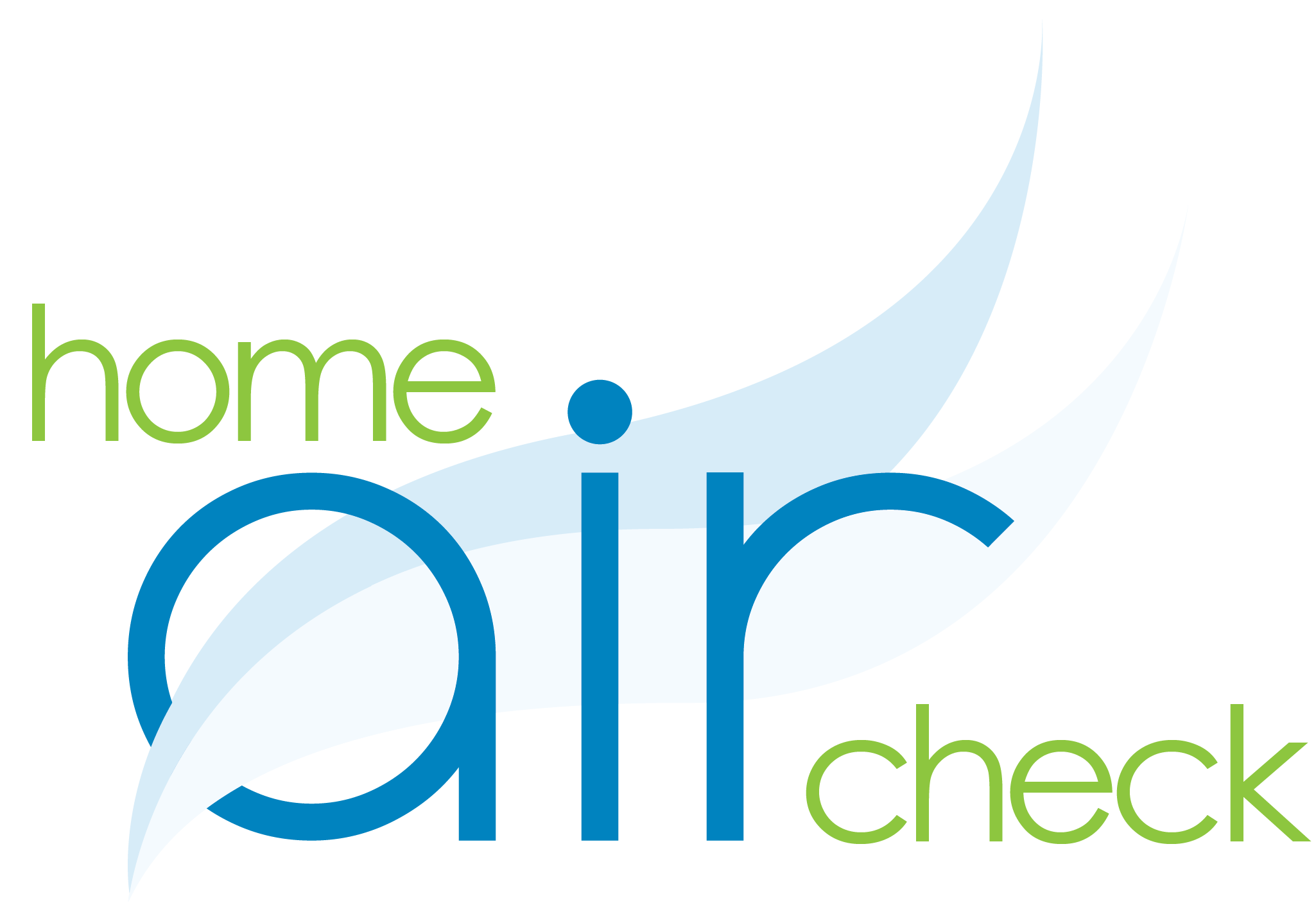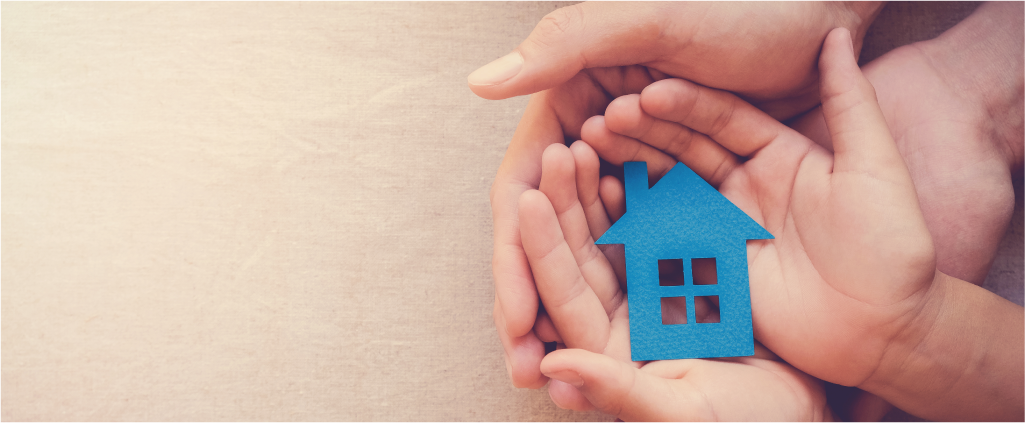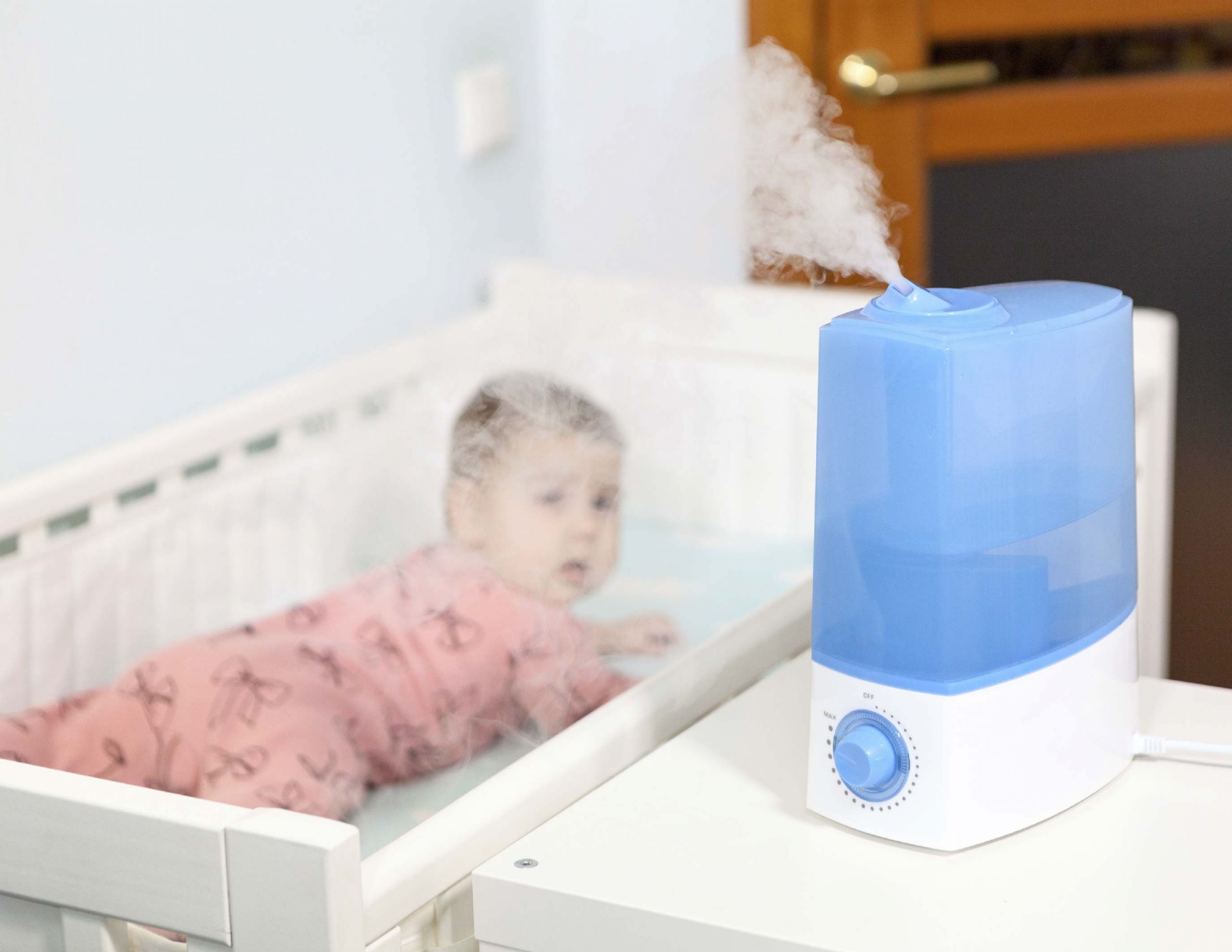Is Your Humidifier Contaminating Your Indoor Air?
As the winter months’ pass, many people turn to a portable humidifier to combat seasonal dryness. What many people don’t know, is that humidifiers can introduce harmful viruses, bacteria, and toxic molds into your home’s air. Both the federal Consumer Product Safety Commission and the Environmental Protection Agency warn that emissions from dirty humidifiers can cause health problems, especially for people who suffer from asthma or allergies.
Humidifier Helping or Hurting Your Health?
Your humidifier might look normal on the outside, but what’s on the inside? You might be surprised. The machine could very well be concealing mold and yeast. Accumulation often occurs on the vent, fan blades, or inside of the water tank. While you may not be able to see harmful mold spores on the surfaces inside of your humidifier, they can still contaminate the air.
Another danger of using a humidifier inside of your home is a direct result of the increase of moisture you are introducing. Excessive wetness or humidity can accumulate, causing mold to start growing on porous surfaces such as windowsills and walls.
General Cleaning Tips
- Clean the unit on a regular basis. This includes emptying all leftover water, wiping all of the component’s surfaces with a towel, and refilling the humidifier with clean water.
- Sanitize weekly. First, empty any leftover water from the humidifier. Then, fill the water tank with a weak bleach solution (around one teaspoon of bleach for every gallon of water). Leave the bleach solution in the water tank for around 20 minutes, swirling it around every few minutes to make sure that the sides of the water tank are coated. Next, pour out the bleach solution and rinse the tank with water until you cannot smell the bleach anymore. (Note: The EPA states that you can also use a 3% solution of hydrogen peroxide in place of a bleach solution.)
- Remove scale and mineral deposits. You can do this by creating a vinegar solution (one cup of vinegar per cup of water) and using it with a soft brush or towel to remove any visible mineral buildup.
[/gem_list]



2 Comments
[…] While you may not be able to see harmful mold spores on the surfaces inside of your humidifier, they can still contaminate the air. Excessive wetness or humidity can accumulate, causing mold to start growing on porous surfaces such as windowsills and walls. via […]
[…] While you may not be able to see harmful mold spores on the surfaces inside of your humidifier, they can still contaminate the air. Excessive wetness or humidity can accumulate, causing mold to start growing on porous surfaces such as windowsills and walls. via […]
Comments are closed.